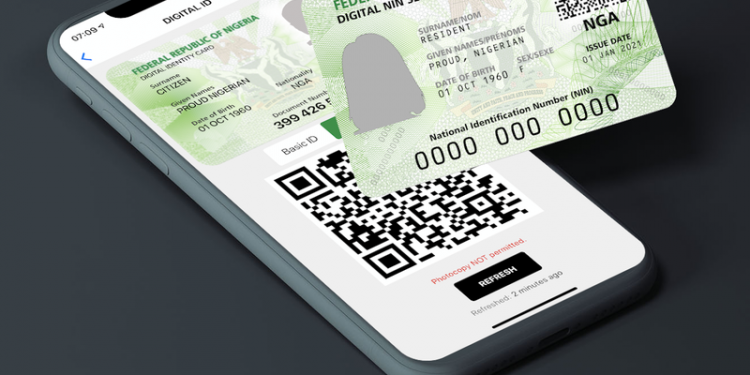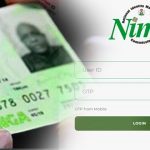Nigeria has officially launched a comprehensive, unified digital identity system that is revolutionizing access to financial services while enhancing security and reducing fraud. The new system integrates biometric data, National Identity Numbers (NIN), and Bank Verification Numbers (BVN) into secure, unified profiles, forming the backbone of the country’s digital economy infrastructure.
The initiative builds on a $45.5 million World Bank investment in Nigeria’s National Identity Management Commission (NIMC), under the broader Digital Identification for Development (ID4D) project. Its goal: to create inclusive, robust, and secure identity systems that enable citizens to access public and private sector services efficiently.
Through an online portal, citizens can now submit registration forms and undergo identity verification before receiving smart ID cards embedded with QR authentication technology. This enables real-time validation of identity data and BVN history, a feature that streamlines processes in banking, telecommunications, and public services.
“The unified identity system eliminates redundant checks and drastically cuts down onboarding time for financial services—from days to minutes,” said a spokesperson from the Nigeria Digital Identification for Development Project Ecosystem Steering Committee.
Financial institutions—including banks, mobile money operators, and microfinance providers—now have instant access to the secure ID database for identity verification. This digital infrastructure has already yielded promising results: pilot programs recorded a 25% increase in account openings among previously unregistered citizens.
To ensure nationwide inclusion, especially in underserved rural areas, the system incorporates mobile enrollment units that bring registration capabilities directly to remote communities. Once enrolled, individuals become eligible for basic bank accounts, microcredit schemes, and government social welfare payments.
The system is also acting as a catalyst for Nigeria’s rapidly growing fintech ecosystem. With a verified digital identity base, startups are now able to develop and deliver secure services like buy-now-pay-later, digital escrow, and investment platforms. The ID system also underpins open banking initiatives, facilitating safe and consent-based data sharing between financial institutions and third-party providers.
As of April 2025, 118.4 million Nigerians have been enrolled in the NIN system. The government, supported by the World Bank’s ID4D initiative, is targeting 148 million registered individuals by June 30, 2026, moving steadily toward universal coverage.
The reach of the digital ID extends beyond banking. The Nigerian Immigration Service has introduced contactless biometric passports, featuring next-generation chips that store biometric data, including fingerprints and encrypted facial templates. Applications can now be completed via smartphone, with NIN authentication enabling a seamless and secure user experience.
Security remains a cornerstone of the new system, with biometric verification, automated payment cap monitoring, and real-time transaction updates delivered via SMS and email. These features meet international standards for digital identity protection and financial fraud prevention.
With its unified digital ID system, Nigeria is taking a major leap forward in building an inclusive, tech-driven economy, empowering citizens, driving innovation, and improving service delivery across public and private sectors.










